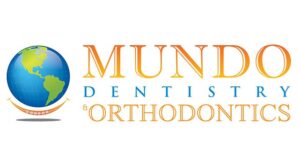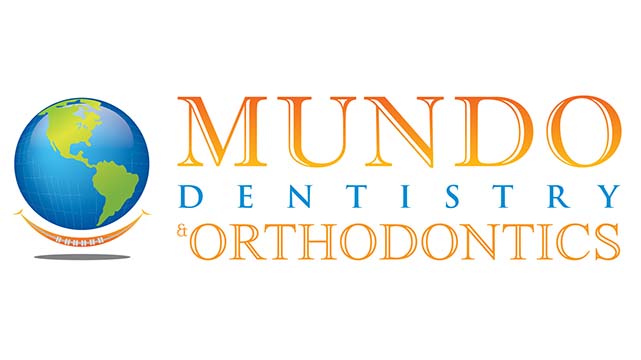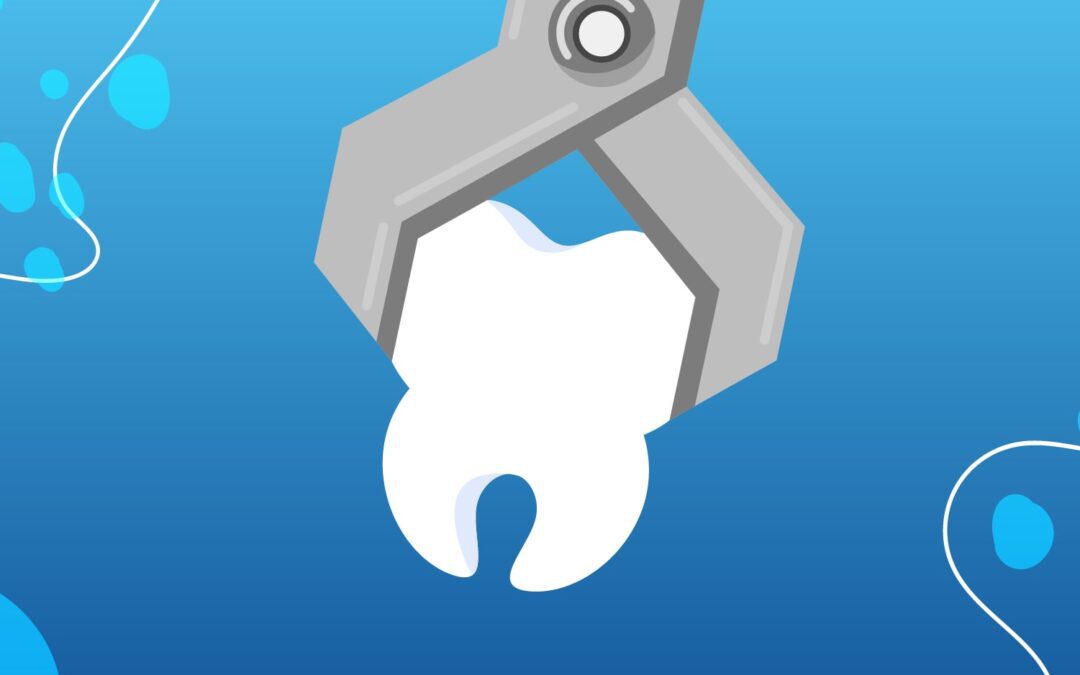Does everyone get their wisdom teeth removed? Does wisdom teeth removal hurt? You might be wondering whether everyone needs to have them removed, and what are the benefits of wisdom teeth removal, don’t worry we’re here to help you make the right decision about your oral health.
Does Everyone Get Their Wisdom Teeth Removed?
Wisdom teeth, also known as third molars, typically start to erupt in the late teens or early twenties. Some individuals experience no issues, others may face discomfort, due to their eruption.
The decision to have your wisdom teeth removed depends on various factors, such as:
- Alignment of your teeth,
- Available space
- Potential complications
Should I remove two or all four wisdom teeth?
Whether to remove two or all four wisdom teeth depends on your unique dental situation. Some individuals may only have issues with one or two of them, while others might experience problems with all four.
Your dentist will evaluate your specific case, considering factors like pain, alignment, and potential impact on neighboring teeth. It’s important to have a thorough dental examination to determine the best approach.
Benefits of Wisdom Teeth Removal
While wisdom teeth seem harmless, these third molars often cause more harm than good. In fact, Removing wisdom teeth can bring numerous benefits to your oral health, such as:
- Preventing Crowding: Wisdom teeth can cause crowding and misalignment of existing teeth. Removing them can help maintain the alignment of your smile.
- Reducing Pain: Wisdom teeth eruption can lead to pain, swelling, and discomfort. Extraction can provide relief from these symptoms.
- Preventing Infections: Wisdom teeth can be challenging to clean properly, increasing the risk of infections. Removing them can help prevent gum disease and infections.
- Avoiding Impacted Teeth: Wisdom teeth often become impacted, meaning they don’t fully erupt. This can lead to cysts, infections, and damage to adjacent teeth.
- Preserving Oral Health: Removing problematic wisdom teeth can contribute to better long-term oral health and prevent future complications.
Does Wisdom Teeth Removal Hurt?
Firstly, it’s important to know that wisdom teeth removal is a routine dental procedure performed by skilled dentists and oral surgeons. The purpose is to remove these extra molars that often don’t have enough space to grow properly.
The big question is, “Does wisdom teeth removal hurt?” The short answer is that during the procedure, you won’t feel any pain. This is because you’ll be under local anesthesia or even sedation, ensuring you’re comfortable and pain-free.
After the procedure, some discomfort is normal. You may experience mild pain and swelling for a few days. Your dentist will provide post-operative care instructions and may prescribe pain relievers if needed.
Are impacted wisdom teeth harder to remove?
Impacted wisdom teeth, which don’t fully emerge from the gumline, can be a bit more challenging to remove. However, the extraction process is still typically painless due to anesthesia.
The recovery period might be a bit longer and more uncomfortable, but your dentist will guide you through it.
Tips for a smoother recovery
To minimize discomfort and ensure a smoother recovery:
- Follow your dentist’s post-operative instructions diligently.
- Take prescribed pain relievers as directed.
- Apply ice packs to reduce swelling.
- Stick to a soft diet during the initial days.
- Avoid strenuous activities for a short period.
Making the Right Decision
Ultimately, the decision to have your wisdom teeth removed should be based on a thorough assessment by your dentist.
It’s recommended to consult a dental professional. Because they can provide personalized guidance and recommend the best course of action to ensure your oral health.
Not everyone undergoes wisdom teeth removal, yet addressing any discomfort or dental issues they provoke is crucial. In Fort Mill, Pineville, or Charlotte, seek insights from our dental experts if you’re pondering, “Does everyone get their wisdom teeth removed?” Our professionals are here to guide you toward decisions ensuring your smile’s health and comfort.
Wisdom teeth trouble?
Mundo Dentistry's extractions
cost less than surgery offices



